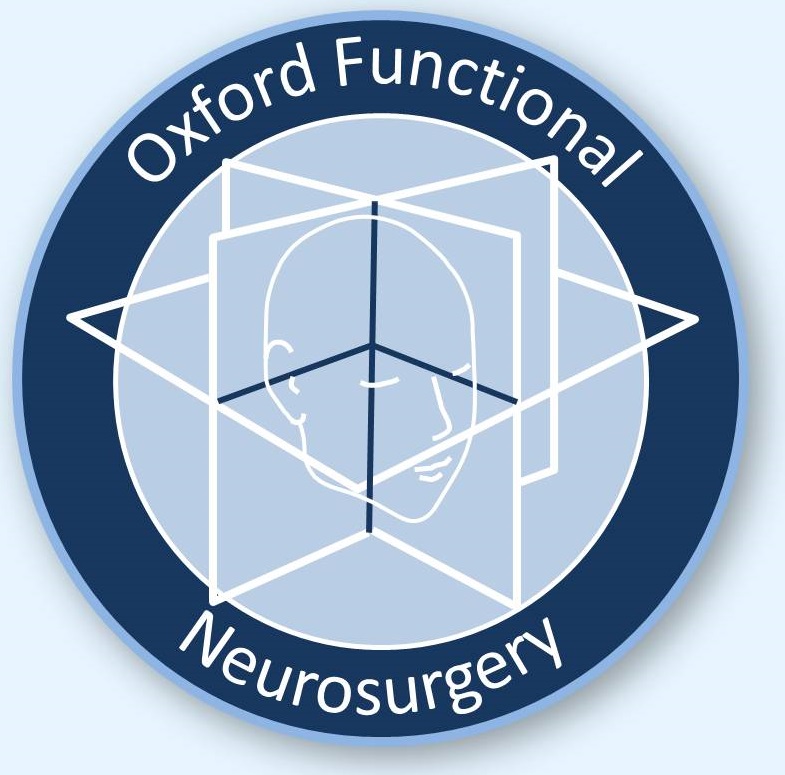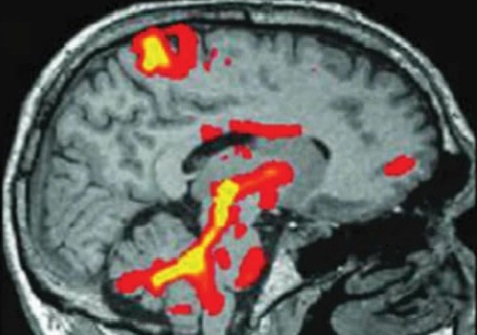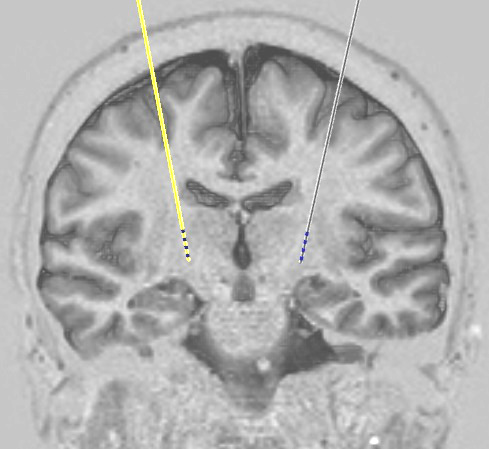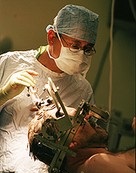How to refer a patient
In all cases we require a referral letter from an appropriate physician.
Movement disorders
We accept referrals primarily from neurologists (either general neurologists or movement disorders specialists) or elderly care physicians. Referral can be made to any of our neurologists or neurosurgeons.
NHS funding for treatment of movement disorders by deep brain stimulation has become routinely available as of April 2013, provided certain criteria are met. An explanation of these criteria for Parkinson's disease, dystonia, and tremor is provided on our movement disorders page.
Pain
Referral should normally be made by a specialist in chronic pain, or a neurologist specialising in headache. In general patients will have been managed by a pain clinic and all reasonable alternative options will have been trialled unsuccessfully before surgery is considered. By "unsuccessfully" we mean that the pain has not responded satisfactorily to treatment or that the required dosages of analgesics are so high as to produce intolerable side effects. Referral can be made to any of our neurosurgeons.
NHS funding for most pain neuromodulation including spinal cord stimulation is provided routinely. At present however NHS funding for Deep Brain Stimulation (DBS) for pain is not routinely approved. This is presently undergoing review.
Patients referred from abroad, including the Republic of Ireland, are subject to different funding arrangements. Please see the section below on referrals from abroad.
Referrals from abroad
We are please to consider referrals from outside the UK. We have a particularly sucessful relationship with the Republic of Ireland, but have also treated patients from Australia, Denmark, Greece, Israel, Saudi Arabia, Spain, Russia, and the USA. Please send referrals in writing to the address on our contacts page.
Heathrow Airport is a major international hub with regular flights to almost all major airports worldwide, and is conveniently located for Oxford.
Private patients
Unfortunately, our treatments are rarely covered by private insurance policies. We sometimes receive inquiries from patients proposing to self-pay for treatment, but in general we discourage this. Patients have often not realised the full costs of the treatment. These mainly relate to the implanted hardware and a key point to bear in mind is that this is not a one-off cost. When the battery has to be replaced, the new battery will cost as much as the original, and if the NHS has not funded the original implantation they may refuse to replace batteries subsequently so that the patient remains liable for this.
In the unusual situation that patients do have insurance cover that will fund our treatments, or are genuinely in a position to self-fund without risking financial hardship, we may consider private treatment, at our discretion. In such cases referral must still be made via the normal routes described above.
Copyright OFN Wednesday, 11 February, 2015.













